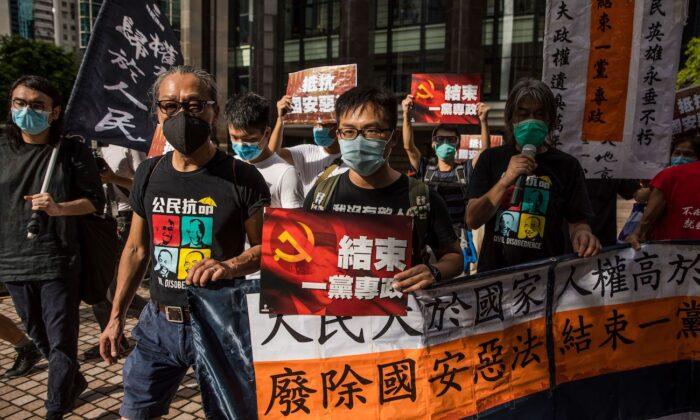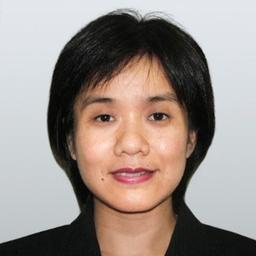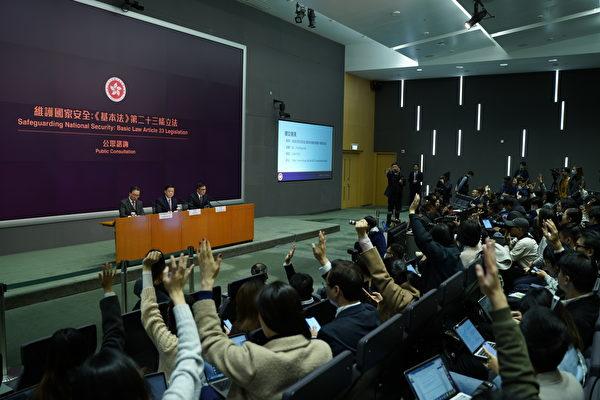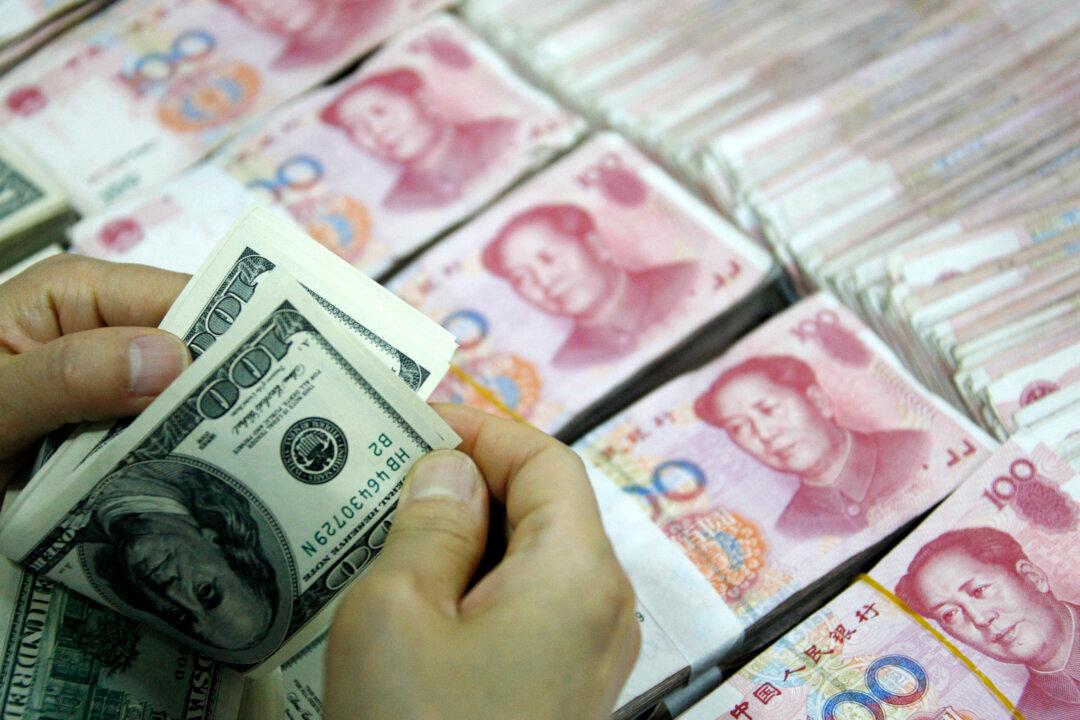The Civil Human Rights Front (CHRF) in Hong Kong said it would not apply for a march on July 1, the founding day of the Chinese Communist Party (CCP) this year, and that Hong Kongers would take to the streets on their own. The organization has been holding July 1 marches annually for 18 years since 2003.
On June 20, Chung Chung-fai, the temporary convener of the CHRF, told reporters that he would not apply to hold the July 1 parade this year.
Due to the ban on people gathering during the pandemic and the CHRF being designated as an “Unregistered Society” by police, “I believe that the CHRF will not be approved to apply for any public assembly or demonstration,” Chung said.
It was the second year in a row that the organization failed to hold a July 1 march, and the second time the Hong Kong pro-democracy camp failed to hold a large-scale event after the candlelight vigil in commemoration of the Tiananmen Square Massacre in June.
Chung said Hong Kongers know very well why the CHRF would no longer hold the July 1 march. Even if the platform ceases to exist, it will have completed its historic mission since everyone knows what it has accomplished. Even without the CHRF, other groups or individuals will use different channels to make their voices heard.
“As far as I know, many groups will take to the streets of Hong Kong on July 1,” he said.
On 28 May 2021, CHRF convenor Figo Chan Ho-wun was sentenced to 18 months imprisonment on charges of organizing an unauthorized assembly in 2019. After he was jailed, the CHRF secretariat stopped operating and Chung Chung-fai took up the post of temporary convenor.
CHRF History
Founded in 2002, after the Hong Kong sovereignty handover in 1997, the CHRF has served as a joint platform on political and livelihood issues, encompassing almost all pro-democracy organizations in Hong Kong. By June 2019, the number of civil and political organizations participating in the CHRF had reached 48.On 24 Sept., 2002, the Hong Kong government published a consultation paper on enacting legislation under Hong Kong Basic Law Article 23, which would relate to seven offences, including treason, subversion, and disclosure of state secrets.
2003 saw the SARS outbreak. An economic downturn, combined with the Article 23 legislation, raised Hong Kongers’ fears about the future and dissatisfaction with then chief executive, Tung Chee-hwa, to an unprecedented level.
Under the call of the CHRF, more than 500,000 people took to the streets of Hong Kong, opposing Article 23 legislation and asking Tung to step down. A “July 1 effect” ensued, leading to the Hong Kong government’s decision to recall the legislation “to dispel the social misgivings regarding the legislation.” Over a year later, Tung chee-hwa stepped down.
Since then, the annual July 1 march, which has been held every year for 18 years, has become an important platform for Hong Kongers to express their views and fight against the CCP tyranny.
Unprecedented Anti-ELAB Protest joined by 2 Million People
In 2019, when Carrie Lam, Hong Kong’s chief executive, pushed through an amendment to the Fugitive Offenders Ordinance, public opposition erupted and only culminated in May 2020. Since then, Hong Kongers have launched a year-long Anti-ELAB (Extradition Law Amendment Bill) Movement.In the following months, the CHRF staged several demonstrations, the most notable of which are the 1-million-people’s march on June 9 and the 2-million-people’s march on June 16, 2019.
On June 16, 2019, Hong Kong residents responded to the call of the CHRF to take to the streets in black, and for the first time put forward “five demands,” including withdrawing the amendment to the Fugitive Offenders Ordinance, abolishing the charge of “riot,” holding the police responsible for shooting demonstrators, and Carrie Lam stepping down.
Current affairs commentator Ji Da said that after the “Hong Kong National Security Law” was implemented, a Red Terror enveloped Hong Kong and the CHRF was forced to stop operating, which symbolized the end of an era and the death of “one country, two systems.”





